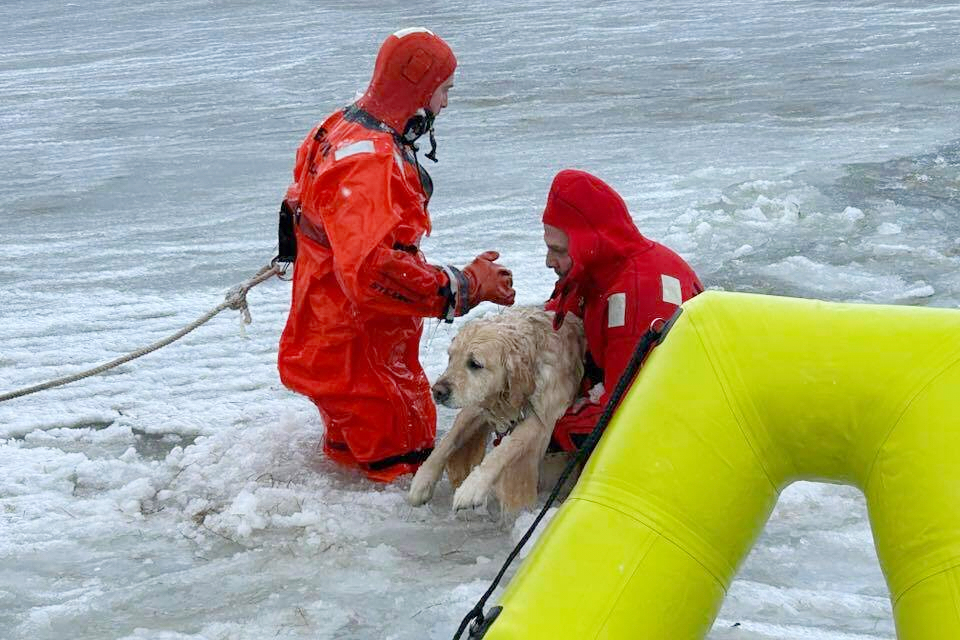Cute, little newborns. Gotta love 'em. With those chubby lil' cheeks and big ol' eyes.
And, hopefully, we've all been taught how babies are made and learned about scientific techniques for those unable to conceive.
Like in vitro fertilization, or IVF, in which a woman is injected with hormones, making her produce multiple eggs instead of just one. It's all in hopes that an egg can be retrieved, fertilized, put back in the uterus and eventually ...
One of these cute little babies will be born.
Well, now a group of scientists in the United Kingdom is backing three-way in vitro fertilization, meaning three people are involved in the process. Two women and one man. So, how does that work?
RT reports:
"A new review by British scientists has given the green light to creating babies from three people. They said the techniques used were not unsafe."
The added benefit here is that a three-parent IVF technique could help prevent the passing of severe disabilities from the parents to their child.
"The groundbreaking procedure, which involves replacing faulty parts of the mitochondrial DNA is still at a research stage, but it could be available for patients within two years if the government's draft legislation is passed into law." (Via BBC)
According to The Scientist, in this procedure, an embryo is created from the eggs of two women instead of just one. The woman's egg that may contain mitochondrial defects is put into the donor egg that does not have mutated mitochondrial DNA.
After that, the "new" egg is fertilized by sperm and the embryo is then implanted into the woman who has the mitochondrial disorder but will have no risk of obtaining any genetic issues from the mother. (Via National Geographic)
But the procedure does have its critics, with some saying this could lead to "designer babies," where parents can pick the traits they would like. A writer for Guardian Liberty Voice notes:
"The steady increase in popularity for IVF ... may yet make selecting for some traits and physical characteristics more acceptable to the public. Such mainstreaming has the potential to widen the gray zone of what is morally justifiable."
The U.S. Food and Drug Administration is currently deciding whether or not to approve trials of the three-way IVF.
The U.K. government says traetments should be allowed, as long as the process is strictly regulated.










